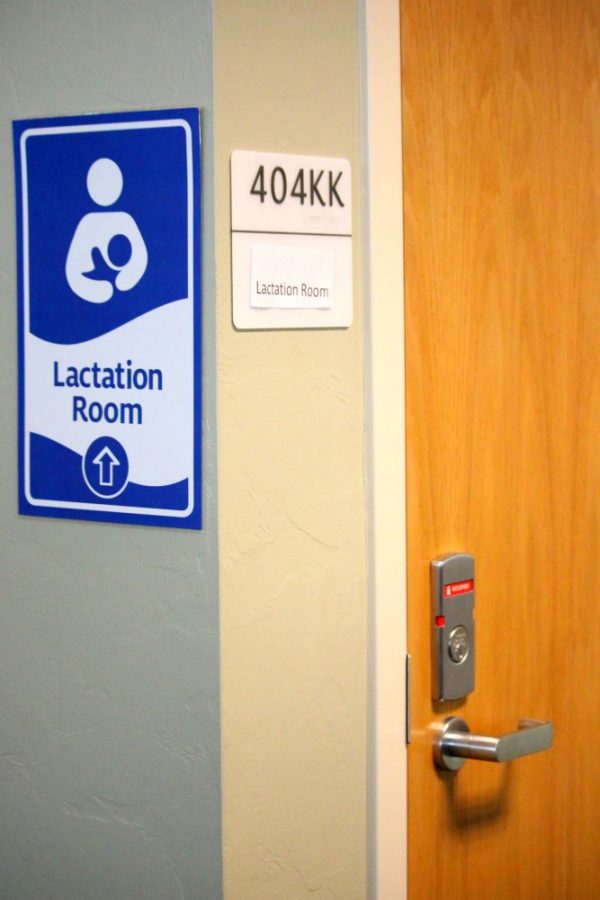The UA Disability Resource Center recently announced its policies regarding the accommodations for pregnant students and employees with hopes of making the campus environment more inclusive.
“Pregnancy is not necessarily a disability, there are certainly pregnancy-related issues that might rise to the level of disability,” said Cheryl Muller, associate director of student access and engagement at the DRC. “[The] DRC will work with pregnant and parenting students to make any reasonable accommodations.”
Because pregnancy is considered to have temporary constraints, universities receiving federal financial assistance might be required to provide pregnant students and employees with larger desks, allow frequent trips to the bathroom or permit temporary access to elevators in order to make reasonable adjustments to the regular program, as stated in Title IX.
Title IX, the law that prohibits sex discrimination in education, includes discrimination based on pregnancy, childbirth, false pregnancy, termination of pregnancy, or recovery from any of these conditions, according to the DRC.
Typical accommodations for pregnant students include attendance flexibility, cart service and special exam administration.
Accommodations for attendance and exam flexibility vary from course to course, according to Muller.
READ: Rec center to renovate locker rooms to make them more inclusive
She said they are dependent on the amount of interaction taking place in class, how much learning is based on in-class participation and how any absence compromises the education of the pregnant student’s classmates.
“These accommodations are really helpful,” said Piper Pack-Smith, a UA graduate student and mother of two. “I understand that it might [be] difficult but special arrangement to use them.”
The DRC’s website noted that complications can be worked out between the student and their instructor in hopes of making accommodations for pregnant students more accessible than ever before.
Other accommodations for pregnant employees include specific classroom requests, flexible work arrangements and options for a leave of absence.
Cart service and classroom requests are accommodations designed to make it easier for pregnant employees to travel around campus, recognizing the physical difficulties that occur during pregnancy.
“I remember walking to the psychology building back and forth when I was eight or nine months pregnant in 100-degree weather,” said Brenae Bailey, a math professor and mother of two. “It would have been nice to have had these options.”
Bailey said these accommodations are especially important considering that pregnant women are more sensitive to heat.
Work arrangements and leaves of absence allow pregnant employees to manage their time during and after pregnancy. Being able to create a reasonable schedule and taking extra leave is an accommodation which acknowledges that flexibility is important for expecting mothers or women who have recently given birth, according to Muller.
Bailey added that, even though the extra leave is nice, it should be paid leave since expecting mothers need all the support they can get.
Pack-Smith said graduate students in particular need a lot of support because they are older than the majority of the student population, which means they are more likely to be starting or already have families.
“This sounds phenomenal and this is incredible for the women at the UA,” said Zachary Brooks, Graduate and Professional Student Council president. He said the pregnancy accommodations offered by the UA support the GPSC mission to foster beneficial programs for graduate students.
In addition to these accommodations, the DRC is assisting new mothers by providing lactation spaces around campus. Lactation spaces encourage the well being of mother and child and work to eliminate the stigma surrounding breastfeeding.
“When I was pregnant there were no accommodations whatsoever, there was no breastfeeding or anything, so this whole thing sounds like a dream,” said Faith Bridges, a math professor.
Pack-Smith said accommodations for new mothers are just as, if not more, important than they are for pregnant women.
While the DRC has made steps to improve their support for those who are expecting or already have families, some believe the UA could still improve their accessibility.
Follow Jessica Blackburn on Twitter.









